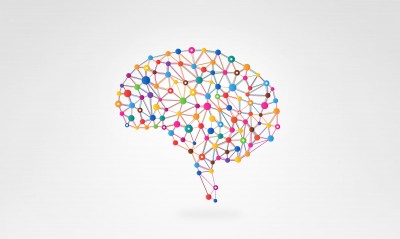Music, as they say, is the universal language of the soul. Music affects all people from all walks of life and all ages – yes, even little kids. Studies show that letting toddlers and kids listen to music often has a significant improvement in their cognitive, emotional and social growth. Here are some of the benefits of music on a child’s development.
1. Bach, Beethoven, and Brahms: Math, Reading, and Calm Radio
You’ve probably read many times about listening to classical music while pregnant can have positive cognitive effects on your child. As the child grows, continuous exposure to music can help stimulate and develop the parts of their brain that works with learning and language. This includes fluency, writing skills, communication, and logic.
The right region of the brain is responsible for your emotional intelligence, imagination, and expressing yourself. On the left hemisphere is where your cognitive skills, memory and logic come into play. Listening to music can effectively influence all these functions and improve them. Singing and dancing to their favorite songs is a fun way to learn new things such as numbers, letters, and other educational information.
Not only is classical music great for math and reading, it is also important for creating a calming space for kids. Pieces of music by Mozart and Chopin provide great background music when you want to create a relaxing environment for your kids. The slower rhythm of classical music makes it an ideal choice to play for your kids when calm is needed.
2. Music for better memory
Hearing your children sing their favorite nursery rhymes over and over while they watch these on the television actually has a positive cognitive effect and brain development in action. When kids sing along to their favorite songs, they are developing the part of the brain that handles memory and memorization skills. It is their brain growing and improving.
3. Having Patience
Music teaches kids, and even adults, the value of patience. Either by waiting for their turn to sing their favorite songs or simply learning a new song or music they like. Music teaches patience and maintaining a positive attitude while waiting. This is a valuable trait children can self-learn and take into their adult years.
4. Learning music can improve pro-social behavior
Letting your kids learn to play any musical instrument and be exposed to music is more than just an added skill for them. Playing music for other people is an open invitation and a mark of pro-social behavior. Playing music invites other people to listen or sing along with them and this lets the children meet new friends. Learning to play musical instruments, children can take this skill until they grow older and continue with the same positive pro-social behavior of meeting new friends and acquaintances.
5. Relaxing Music For Kids at Sleep Time
Ask any parent and they will tell you how music is a big help at nap times and in the evenings. Health organizations, like the NHS, recommend relaxing music as a part of a nighttime routine. Softly played classical music can act as a trigger, letting children know that it's time for bed.
Introduce your children to music, let them learn to appreciate music and let them learn to play instruments by taking them to music lessons. Music is a basic education and life component that can only have positive effects on an individual, especially your tiny individuals who are just starting to learn about life.




